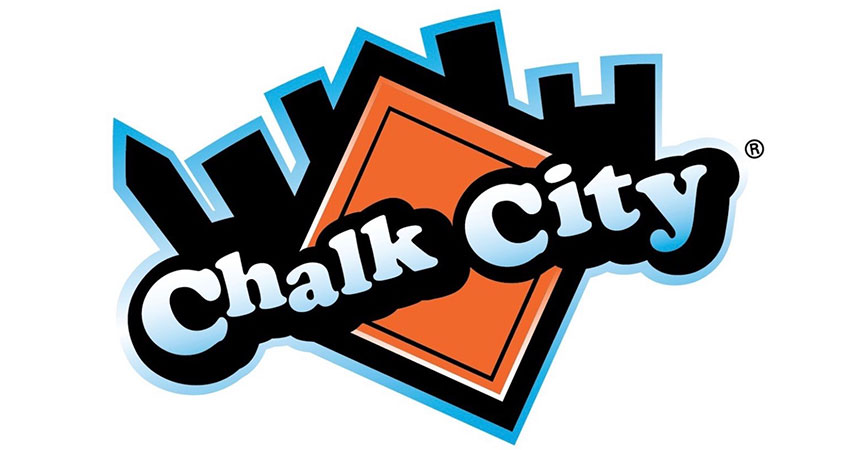SellerX, one of many that jumped on the Amazon rollup bandwagon, is being sued by a game and toy company who sold it one of its successful brands in 2021, alleging SellerX is in breach of contract for failing to adequately promote it, causing sales to plummet along with the earnout potential.
This action comes as the massive investments in rollup companies or aggregators has dried up. Several major players including Germany-based SellerX have laid off staff this year and halted acquisitions, amid industry talk of consolidation. According to Marketplace Pulse, rollup investments dropped from $12 billion last year to $2 billion thus far in 2022.
The civil suit, filed by Regal Games in U.S. District Court for the southern district of New York, claims that SellerX’s failure to meet its obligations under the contract entitle it to regain possession of Chalk City, a seller of sidewalk chalk. It further claims it is owed the total deferred payment of $900,000 and a to-be-determined amount equal to a potential earnout that wasn’t realized. Additionally, Regal Games argues that SellerX is not entitled to reimbursement of the $3.9 million purchase price.
“SellerX failed to make all possible good faith efforts to achieve income levels that would trigger the deferred payments,” said Alessandra Carcaterra Messing, an attorney for Regal Games. “Regal Games didn’t leave things to chance, so they negotiated for certain requirements to maximize the chances of Chalk City’s success. The strategy was relayed to SellerX multiple times, and they were fully aware of what they had to do to be successful on Amazon, which is a complex ecosystem.”
Tomasz Krzywicki, general counsel for SellerX, said in a statement the company denies the allegations “and will vigorously defend against the lawsuit. We would prefer not to comment further at this point.”
Michael Roberts, president of Regal Games, said he acquired Chalk City, a maker of sidewalk chalk for children, in 2017 for $10,000 and subsequently grew it to a $4.6 million brand before it was sold to SellerX. He said he had offers from other acquirers but went with the German firm based on its promises to promote and grow the company, especially plans to enter the European market, where there was little competition.
“It was really a success story for us, and we wanted to see it grow, and hoped for the best when we sold it,” Roberts said. “We’re a small company with no ins at Walmart or Target. SellerX said they would be like Procter & Gamble, taking small brands and negotiating deals at the major retailers. They were someone with deeper pockets and better connections, who could perform better than we could.”
Per an April 1, 2021 agreement between the parties, they set a yearlong “trailing period” from May 1, 2021 to April 30, 2022, during which time sales totals for Chalk City would trigger deferred payments due to Regal Games. A separate earnout period ran from May 1 to March 31, 2022.
In the lawsuit, Regal Games claims that SellerX, contrary to the terms of the agreement, failed to maintain adequate inventory levels of Chalk City and slashed the advertising budget, a critical piece of success for the brand on the Amazon marketplace.
For instance, Regal Games claims advertising spend was reduced by 68% in Q1 of 2022, with sales of Chalk City dropping 65%, tanking its market share. Also, Regal Games asserts, SellerX regularly failed to ship and stock inventory from China throughout the trailing period, including letting it fall to virtually zero ahead of the crucial Easter peak season this year. During that period, the lawsuit alleges, SellerX deliberately raised prices for Chalk City to slow sales and avoid a complete wipeout of stock, which would violate the agreement.
In terms of the European opportunity, Regal Games said SellerX failed to enter a single new market during the trailing period, in violation of the agreement, despite its representations of expertise. It then allegedly started up European sales immediately after the earnout and trailing periods ended.
Just prior to the close of the trailing period, SellerX also purportedly introduced a new product that Regal Games believed was ideally suited to the international market, despite Regal Games having suggested it in September, 2021.
In May of this year, SellerX provided a deferred and earnout statement that Regal Games claims did not provide adequate supporting documentation of sales and EBITDA, which determined payment to the seller.
When asked how it attempted to meet its obligations, SellerX stated in a June 2022 letter it was “not required, in the face of strong headwinds entirely out of its control, to continue to spend advertising dollars to try to prop up the market share of any product whose market share was eroding, or of Chalk City as a whole.”
Roberts said his wife Katherine, who is an attorney, helped him draft the acquisition agreement with SellerX, adding specific language and stipulations that protected Regal Games in case the buyer didn’t live up to its obligations. This included provisions his company now claims entitle it to reclaim Chalk City as well as the deferred payment and earnouts.
He said Regal Games still has 80 other games, including ScorZo, a top seller on Amazon. Regal Games founder Erich Spitzner patented the popular Auto Bingo game in 1945, a staple of family car trips for decades. It’s sold today in Cracker Barrel, HEB, Walgreens and Ace Hardware along with hundreds of specialty stores. Roberts said he bought a 51% share of the business in 2011 for just $510, later buying out Spitzner’s daughter.
“This has caused emotional distress,” Roberts said. “We’re a small company and we love the consumer products business. My wife and I would go to bed talking about it and wake up in the morning talking about it. We worked so hard, and then we were ignored by a huge conglomerate. They’re big and we’re small but we want to show that rules still matter and this agreement still matters.”

